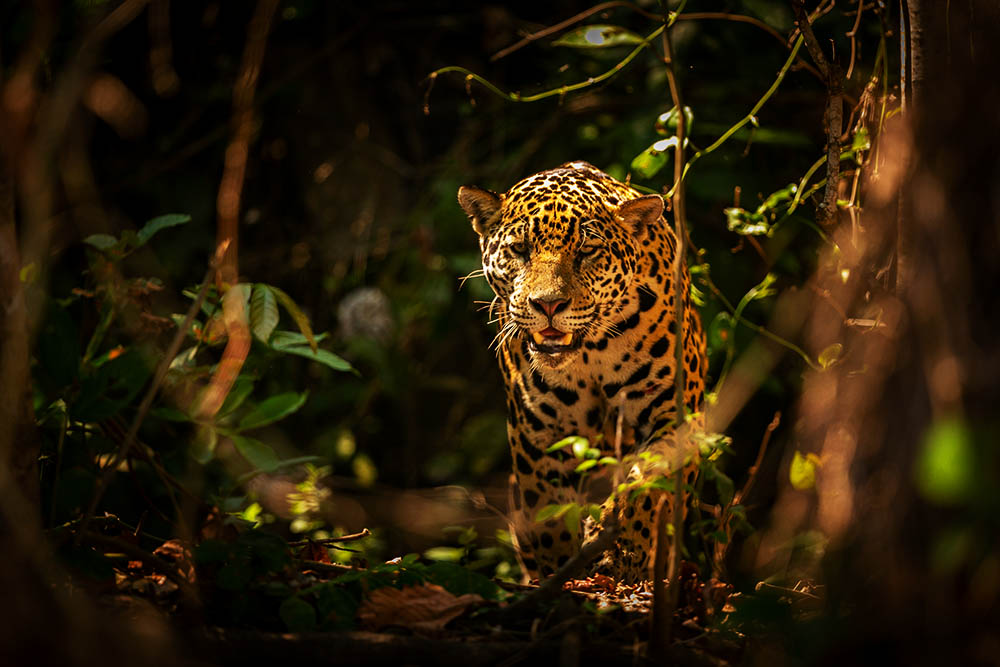Fashion is an ever-changing industry that’s driven by trends, colors, and designs. But in the quest to produce fashionable clothing, the rights and welfare of animals are often overlooked. Animals are hunted for fur, leather, wool, and some are even killed for testing new products. As a result, ethical fashion has emerged as a movement that seeks to create clothes and accessories that are both stylish and sustainable, without harming any animals in the process.
The Impact of Animal Agriculture on the Environment
Animal agriculture is one of the leading causes of environmental destruction. The production of animal-based materials requires thousands of gallons of water, which leads to depletion in freshwater resources. Additionally, animal agriculture is responsible for 14.5% of all greenhouse gas emissions, which contributes to global warming and climate change.
Furthermore, animal agriculture contributes to soil degradation, deforestation, biodiversity loss, and air pollution. It’s a costly industry, both in terms of the environment and animals.
The Dark Side of Fashion
For years, the fashion industry has been notorious for its exploitation of both human and animal labor. Animals are viewed as commodities, their lives are often disregarded, and their welfare is consistently pushed aside in the name of fashion.
The fur industry is one of the most cruel in the world. Fur farms are notorious for their inhumane treatment of animals, which often includes confinement and torture. On the other hand, animals used in leather production are routinely killed in slaughterhouses, where they’re often subjected to inhumane conditions.
Additionally, some designers still use exotic animal skins, including reptile and ostrich leather. These skins are often sourced from endangered species, which only adds to the problem.
The Rise of Ethical Fashion
Ethical fashion is a movement that seeks to create clothes and accessories that are both stylish and sustainable, without harming any animals in the process. The idea is not only to replace animal-based materials but to promote sustainable practices throughout the entire supply chain.
There are a number of sustainable alternatives that have gained popularity in recent years, including organic cotton, hemp, bamboo, and recycled materials. Additionally, there are several vegan leather alternatives made from materials such as pineapple, cork, and even mushrooms.
Many mainstream brands, such as H&M and Zara, are starting to incorporate ethical practices into their production processes. Slow fashion is also becoming more popular, which means retailers are producing fewer clothes but of higher quality, with a focus on longevity, rather than seasonal trends.
The Benefits of Ethical Fashion
The benefits of ethical fashion span from improved environmental conditions to a reduction in animal cruelty. Some other benefits of ethical fashion include:
1. Lower Carbon Footprint – Ethical fashion promotes sustainable practices that reduce carbon emissions, helping to combat climate change.
2. Improved Worker Conditions – Ethical fashion insists on fair wages and safe working conditions, helping to combat exploitative labour in the fashion industry.
3. Reduced Waste – Ethical fashion also aims to reduce textile waste by using recycled materials, producing fewer items while iconic designs that stand the test of time, and promoting upcycling.
4. Greater Transparency – Ethical brands are often more transparent about their production practices and materials, which helps consumers make more informed decisions.
Tips for Shopping Ethically
Here are some useful tips for shopping ethically:
1. Do Your Research – Before making a purchase, research the brand and its production processes.
2. Buy Second-hand – You can often find great quality clothes at thrift stores, flea markets, or online marketplaces.
3. Invest in Quality – Opt for high-quality clothing that will last longer.
4. Shop Local – Supporting your local businesses helps the community and stimulates the local economy.
5. Choose Sustainable Materials – Look for brands that use sustainable, eco-friendly, and cruelty-free materials.
Conclusion
Ethical fashion is a movement that’s gaining momentum, and for good reason. It offers a more sustainable and ethical alternative to the traditional fashion industry, one that’s focused on animal welfare, the environment, and workers’ rights. With a little research and a conscious effort to shop ethically, we can help make the fashion industry a better place for everyone – including animals.
